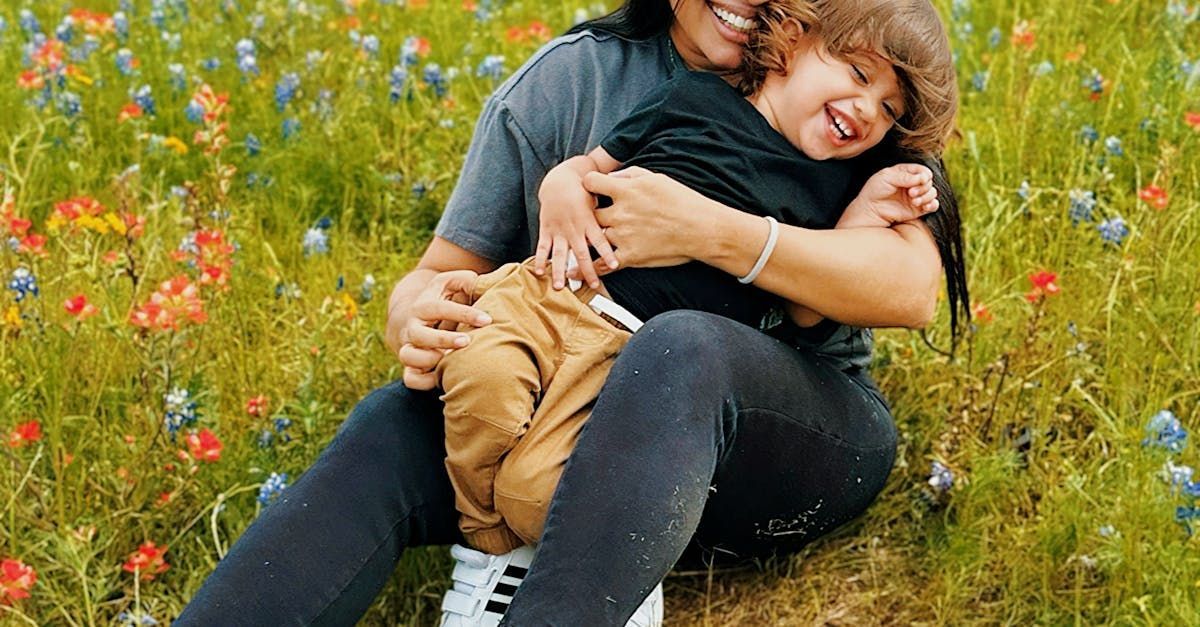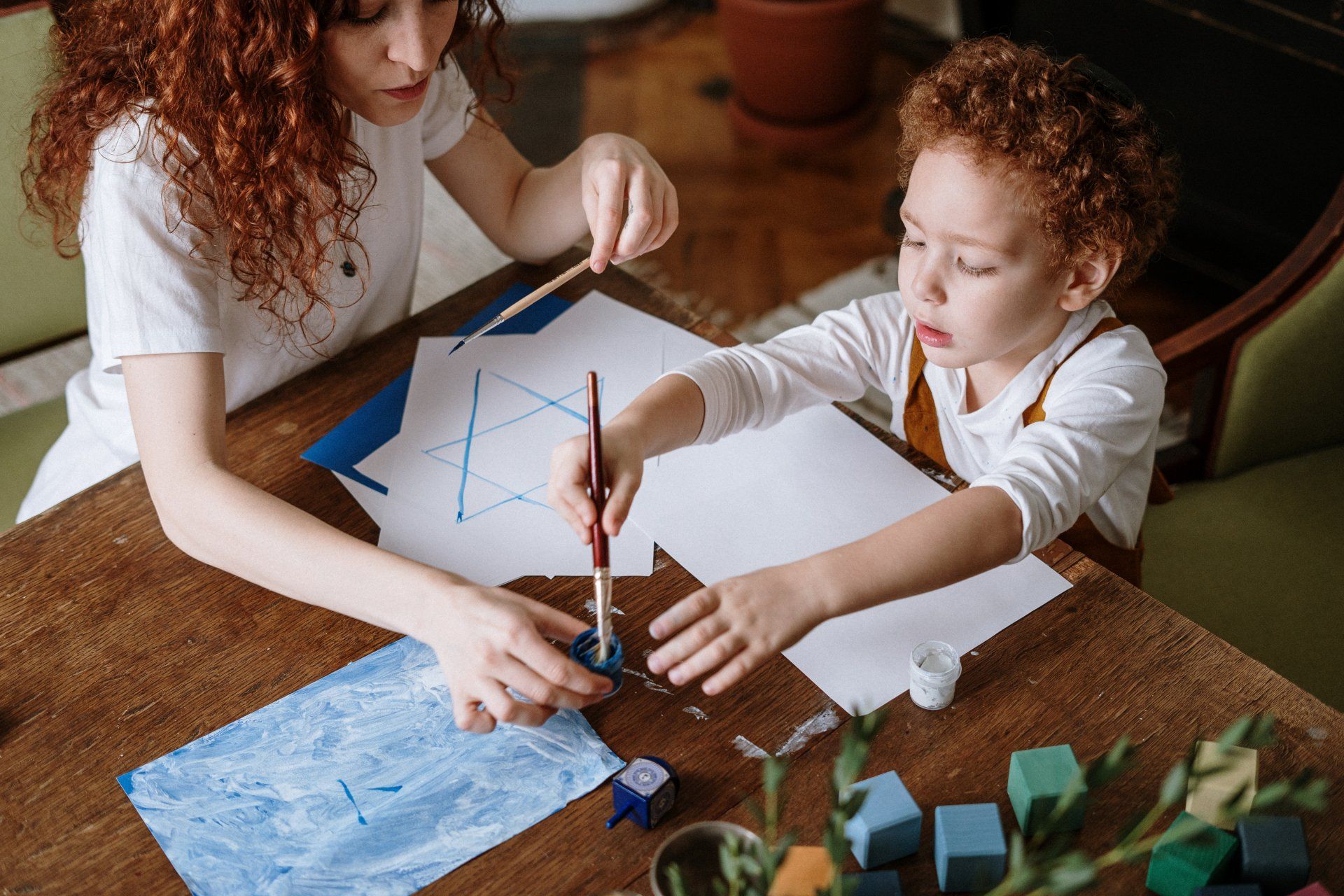Family Traditions and Early Memories
Family Traditions and Early Memories

Family traditions play a crucial role in shaping early memories and childhood development. They provide a sense of identity, stability, and continuity for children. In this blog, we'll explore the importance of family traditions, their psychological impact on children, how to create meaningful traditions, their role in education, and share real-life stories and examples. We’ll also address common challenges and offer practical solutions to ensure these traditions are maintained.
The Importance of Family Traditions
Family traditions are rituals or practices passed down from generation to generation. They can be as simple as weekly family dinners or as elaborate as annual holiday celebrations. These traditions are essential because they:
- Build Family Identity: Traditions create a sense of belonging and identity for family members. They reinforce the family's values and heritage.
- Strengthen Bonds: Regular family rituals strengthen relationships and create a sense of unity.
- Provide Stability: In times of change or stress, traditions offer a comforting and stable routine.
Common family traditions across different cultures include holiday celebrations, religious practices, and special family recipes. These shared experiences contribute to a strong family foundation and create a lasting legacy.
Psychological Impact on Children
Family traditions have a profound psychological impact on children. They contribute to emotional and psychological well-being in several ways:
- Emotional Security: Regular traditions provide children with a sense of security and predictability. This consistency is comforting and helps children feel safe.
- Positive Memories: Traditions create positive memories that children carry into adulthood, shaping their perception of family life.
- Self-Esteem and Belonging: Participating in family rituals fosters a sense of belonging and self-worth. Children feel valued and important within their family unit.
Studies have shown that children who participate in family traditions are more likely to have higher self-esteem and better emotional resilience. Experts suggest that these traditions help children develop a stronger sense of identity and improve their social skills.
Creating Meaningful Family Traditions
Creating new family traditions doesn't have to be complicated. Here are some tips to help you get started:
- Start Small: Begin with simple rituals that fit easily into your family's routine. For example, a weekly movie night or a monthly family outing.
- Be Consistent: Consistency is key to making traditions meaningful. Ensure that everyone in the family participates and looks forward to the activity.
- Involve Everyone: Get input from all family members when creating new traditions. This inclusivity ensures that everyone feels invested and excited about the rituals.
Examples of simple yet impactful traditions include family game nights, bedtime stories, and seasonal activities like baking cookies during the holidays.
Family Traditions and Education
Family traditions also play a significant role in a child's educational development. They provide a supportive environment that promotes learning and growth. Here’s how:
- Structured Learning: Family rituals create a structured environment that can enhance a child's ability to learn and focus.
- Cultural Education: Traditions expose children to cultural heritage and history, enriching their understanding of the world.
- Positive Reinforcement: Celebrating achievements and milestones through family traditions can motivate children to excel academically.
Educators can incorporate family traditions into classroom activities by encouraging students to share their cultural practices and family stories. This inclusion fosters a sense of community and respect for diversity.
Real-Life Stories and Examples
Hearing real-life stories from parents and educators can inspire you to create and maintain family traditions. Here are a few examples:
- Sarah’s Story: Sarah, a mother of two, started a tradition of "Family Appreciation Night" every Sunday. Each family member takes turns sharing something they appreciate about each other. This ritual has strengthened their bond and improved communication.
- Mr. Johnson’s Classroom: An elementary school teacher, Mr. Johnson, encourages his students to bring a family recipe once a month. This activity not only teaches cooking skills but also allows children to share their heritage and learn about different cultures.
These stories illustrate the positive impact of family traditions on both home and educational environments.
Challenges and Solutions
Maintaining family traditions can be challenging, especially with busy schedules and changing family dynamics. Here are some common challenges and solutions:
- Time Constraints: Busy schedules can make it difficult to maintain traditions. Solution: Choose simple, quick rituals that don’t require much time, like a nightly bedtime story.
- Changing Family Dynamics: Divorce, relocation, or other changes can disrupt traditions. Solution: Adapt traditions to fit new circumstances. Create new rituals that accommodate the current family structure.
- Lack of Interest: Sometimes, family members may not show interest in participating. Solution: Involve everyone in the planning process to ensure that the traditions are enjoyable and meaningful for all.
By addressing these challenges with practical solutions, you can keep family traditions alive and thriving.
Conclusion
Family traditions are a vital part of creating early memories and fostering child development. They provide emotional security, build family identity, and support educational growth. By understanding their importance, creating meaningful rituals, and overcoming challenges, parents and educators can ensure these traditions benefit future generations.
FAQ
1. What are some easy family traditions to start?
- Simple traditions like weekly game nights or annual holiday rituals.
2. How do family traditions benefit children?
- They provide emotional stability, create lasting memories, and foster a sense of belonging.
3. How can busy families maintain traditions?
- By incorporating small, manageable rituals into daily routines.
4. Can family traditions help in a child's education?
- Yes, traditions can support learning by creating a structured and nurturing environment.

















